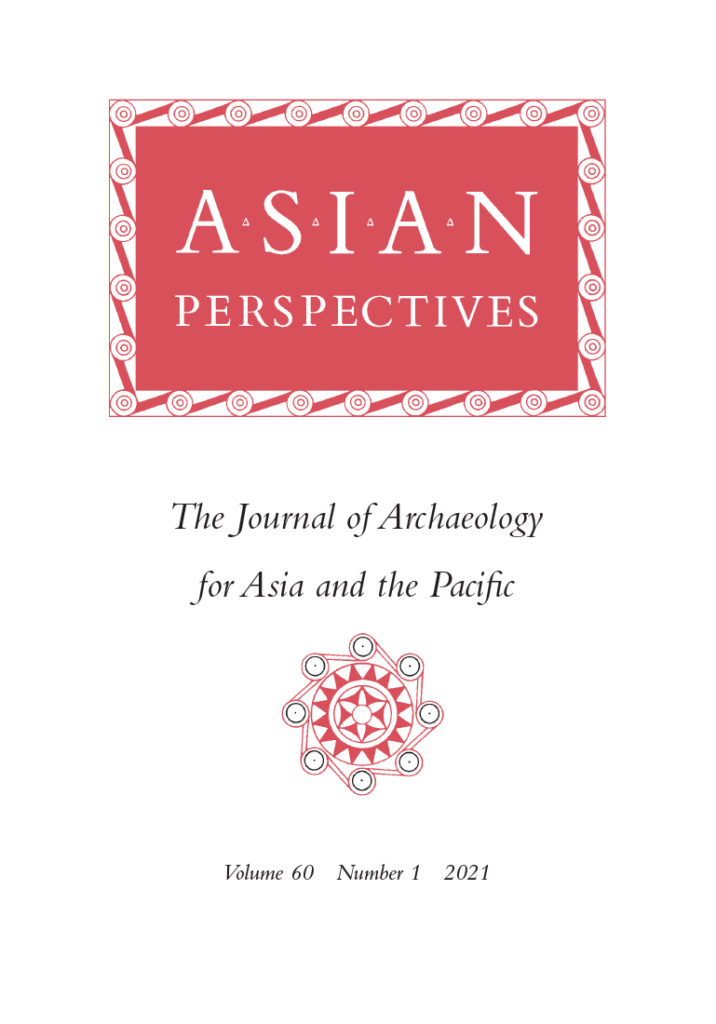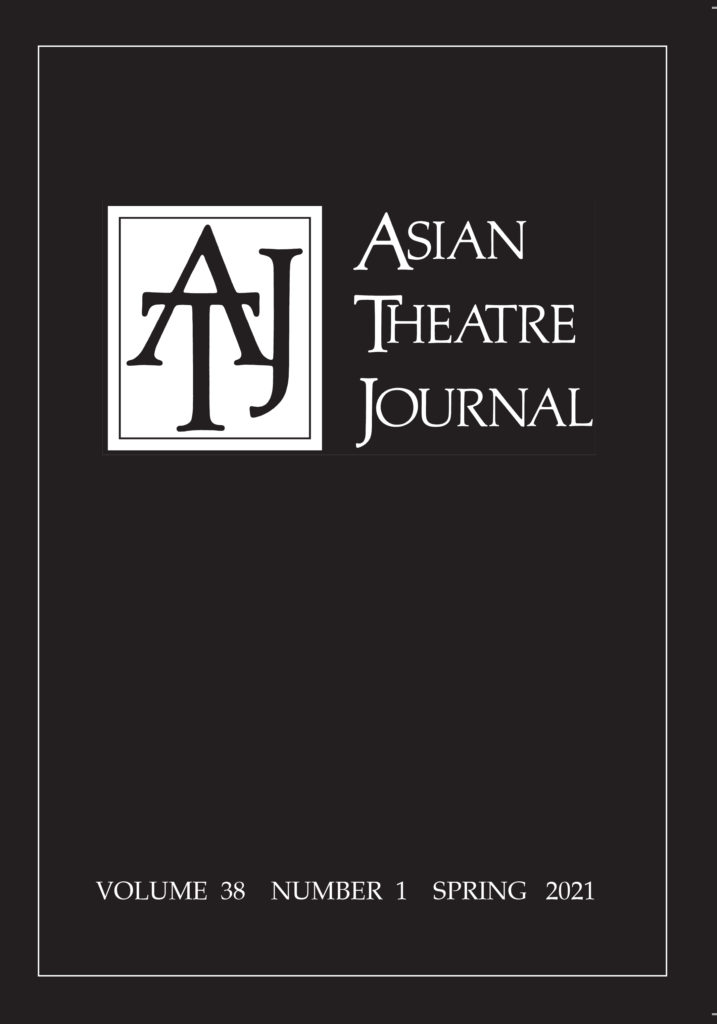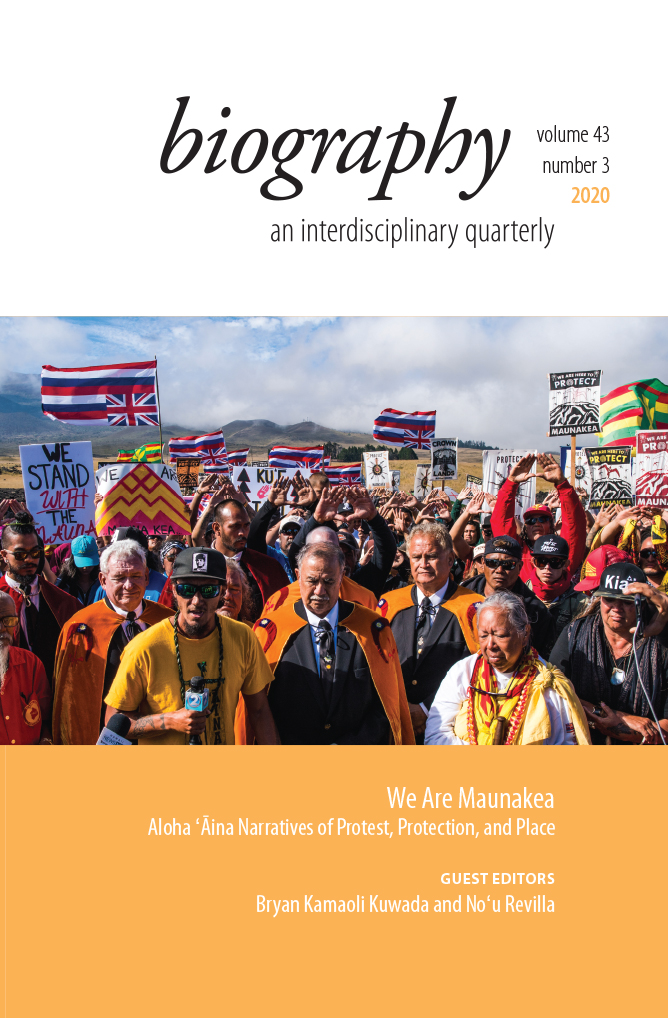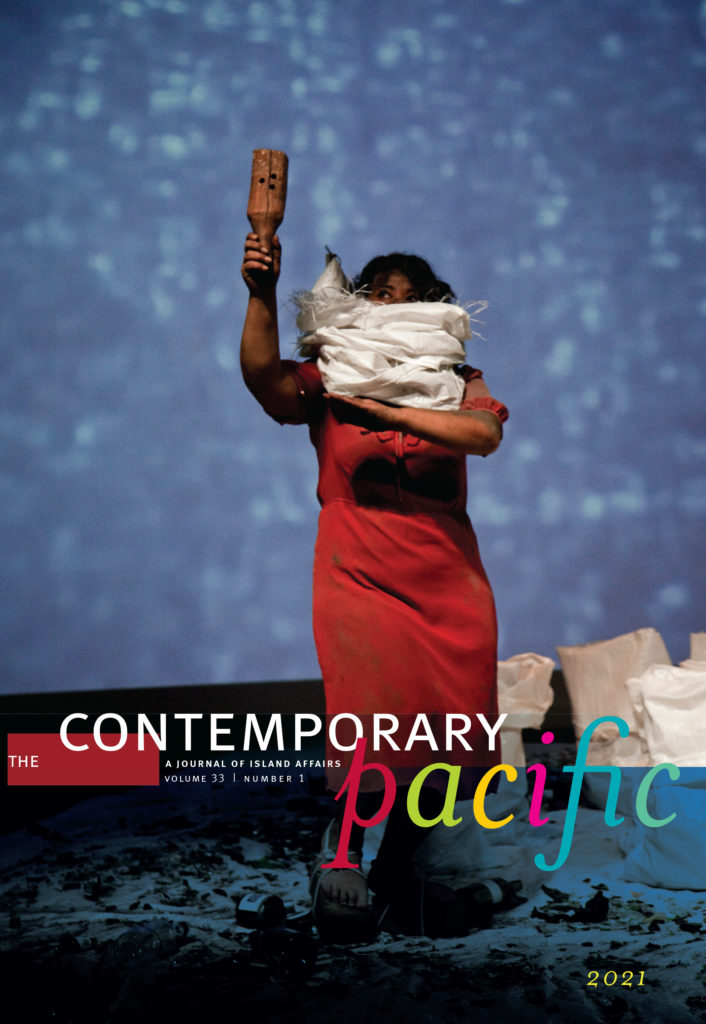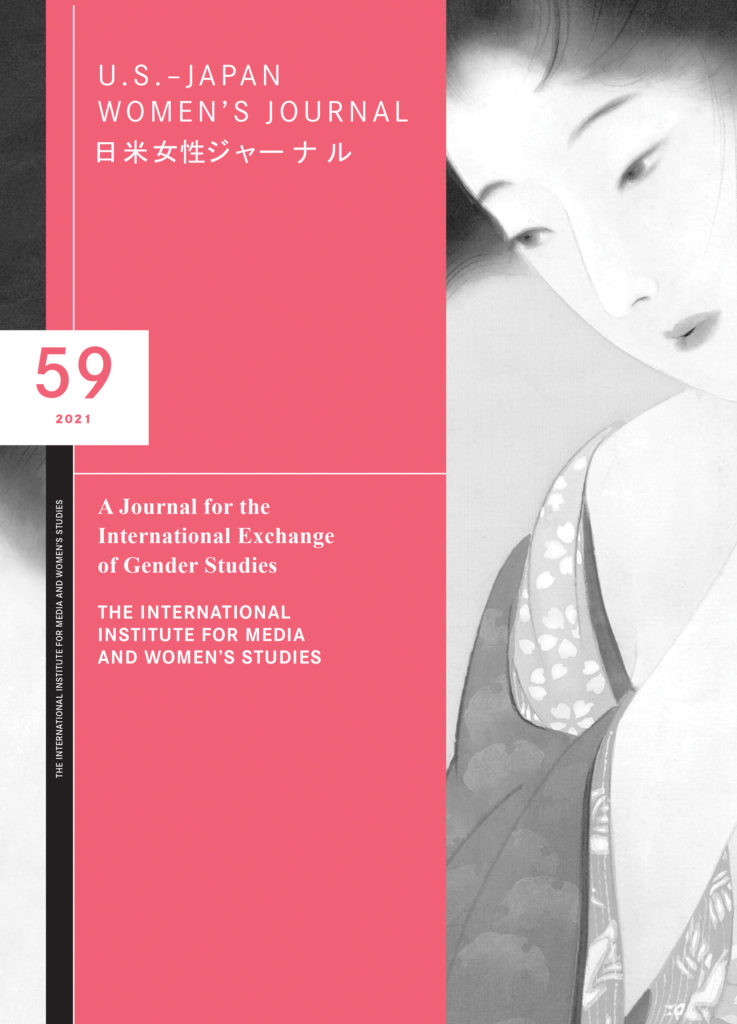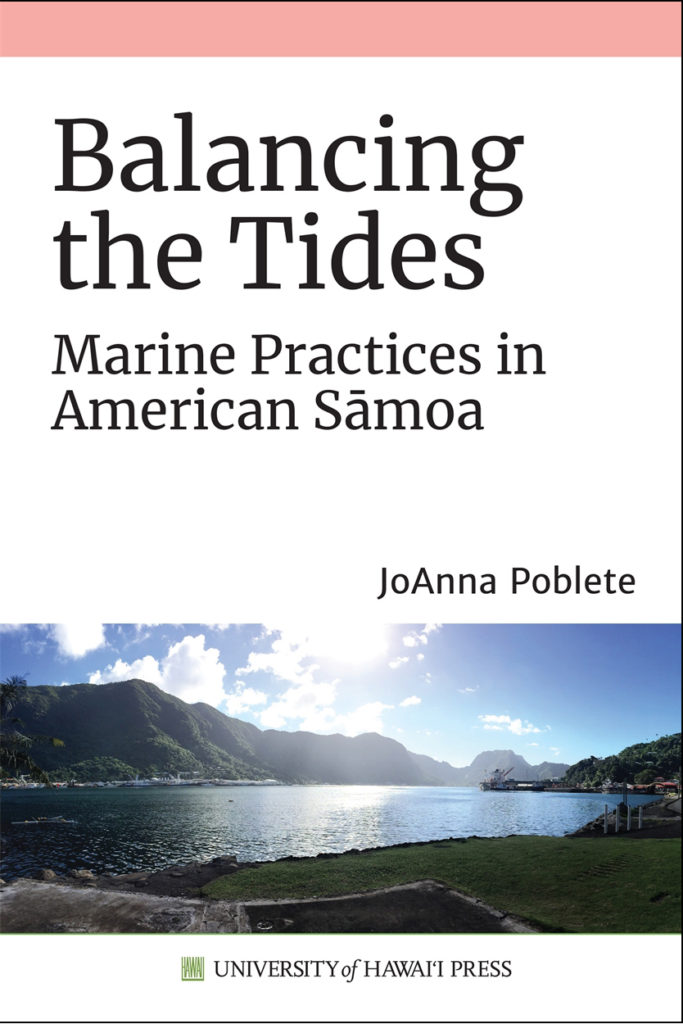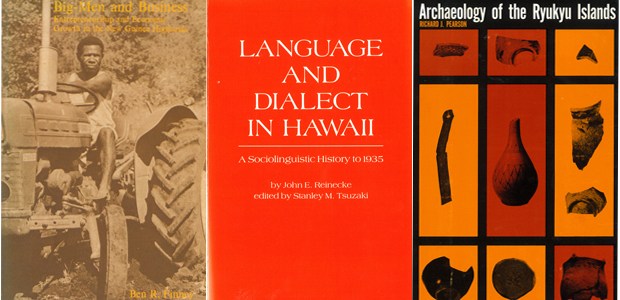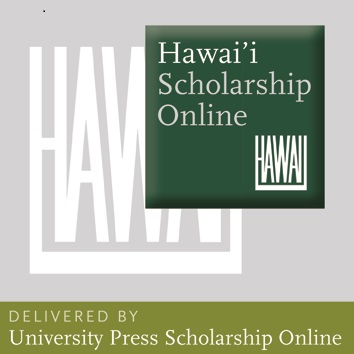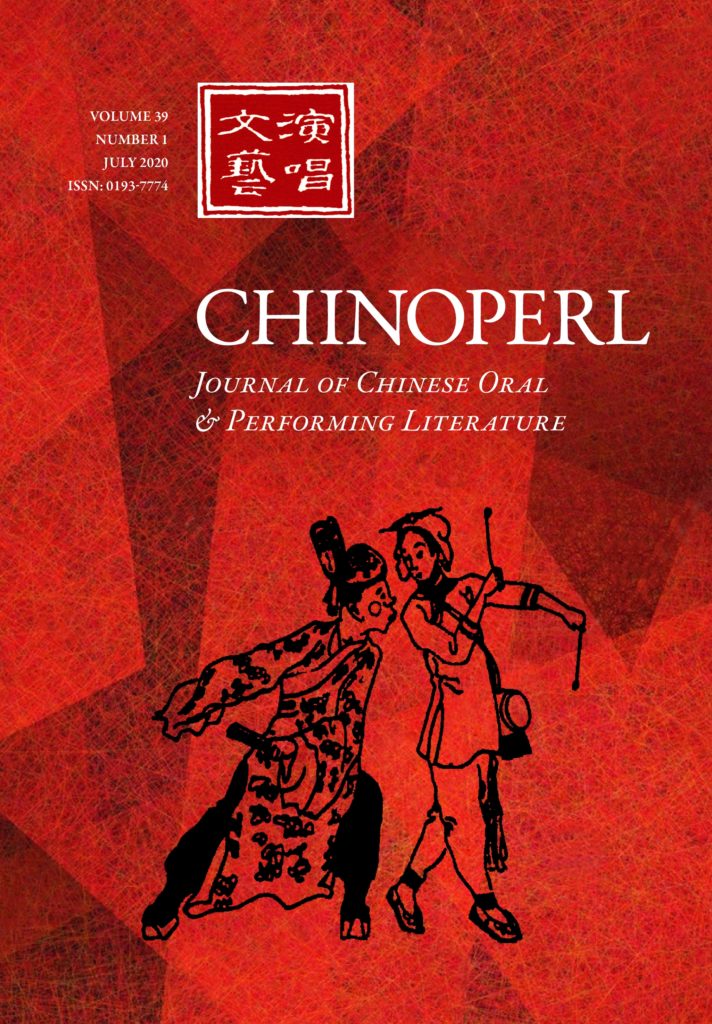
CHINOPERL
Volume 41, Number 1 (2022)
Special Issue: Honoring David L. Rolston
Associate Editor Catherine Swatek and Editorial Board Member Robert E. Hegel remember Rolston in the following introduction:
Given his publication record, one might assume that David L. Rolston is a scholar of narrative fiction. For his first major publication, David served as editor of How to Read the Chinese Novel, a milestone in providing English-language readers a glimpse of reading practices and practical criticism contemporaneous with Ming and Qing novels themselves. Not merely the compiler of the translations that comprise six of the book’s seven chapters, David’s work can be seen throughout the volume, from adding innumerable notes and explanations to the “How to Read” (dufa讀法) translations; to writing essays on the sources, history, and formal aspects of traditional fiction criticism; to compiling explanatory appendices and an extensive bibliography for each of the masterworks covered. This project was completed before David finished his Chicago doctorate.
Find more special features and articles at Project MUSE.
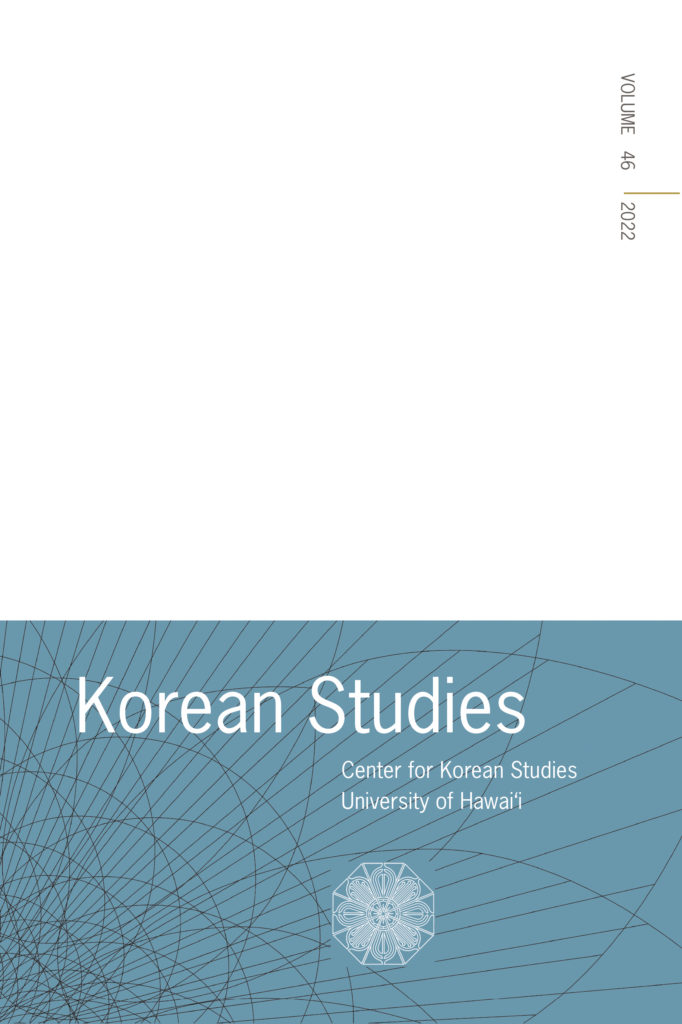
Korean Studies
Volume 46, Number 2 (2021)
Special Section: “Music That Moves: Sonic Narratives in Modern Korea”
This Special Section features discussion on 1960’s protect songs to K-pop idols. Editor Cheehyung Harrison Kim notes:
Culture is at once a medium through which we make sense of the
world (for good or ill), a field of empowerment for the underprivileged, and a source of hegemony for the state and corporations. This cultural complexity is discernible in South Korea’s current political landscape, and it is also the very theme explored in this volume’s Special Section “Music That Moves: Sonic Narratives in Modern Korea,” dexterously guest edited by Dafna Zur and Susan Hwang. In Katherine Lee’s elegant piece on the World Vision Korean Orphan Choir, musical performance is at the heart of transnational religiosity and Cold War politics. Transnationalism is also the framework of Dafna Zur and Yoon Joo Hwang’s original research on children’s music during the colonial period, when the merger between western style of songwriting and Korean emotionality unevenly transpired in the genre of tongyo. Music as a field of popular resistance is the core of Pil Ho Kim’s audacious piece on South Korea’s 1960s protest songs, which, for Kim, is a pre-minjung expression of the multitude. Susan Hwang’s emotionally prodigious article, too, is on the resistive and resilient aspect of music, which, in the aftermath of the 1980 Kwangju Uprising, served as a crucial repertoire for the counter-state. From the opposite side, music as practice of hegemonic efficacy is dealt with in Alexandra Leonzini and Peter Moody’s intricate article on North Korea’s sonic culture, as it is done in Roald Maliangkay’s perspicacious study on South Korea’s use of K-pop in marketing. Whether the hegemonic entity is the state or a corporation, music is, in these two articles, a potent medium of influence.
Find more special features and articles at Project MUSE.
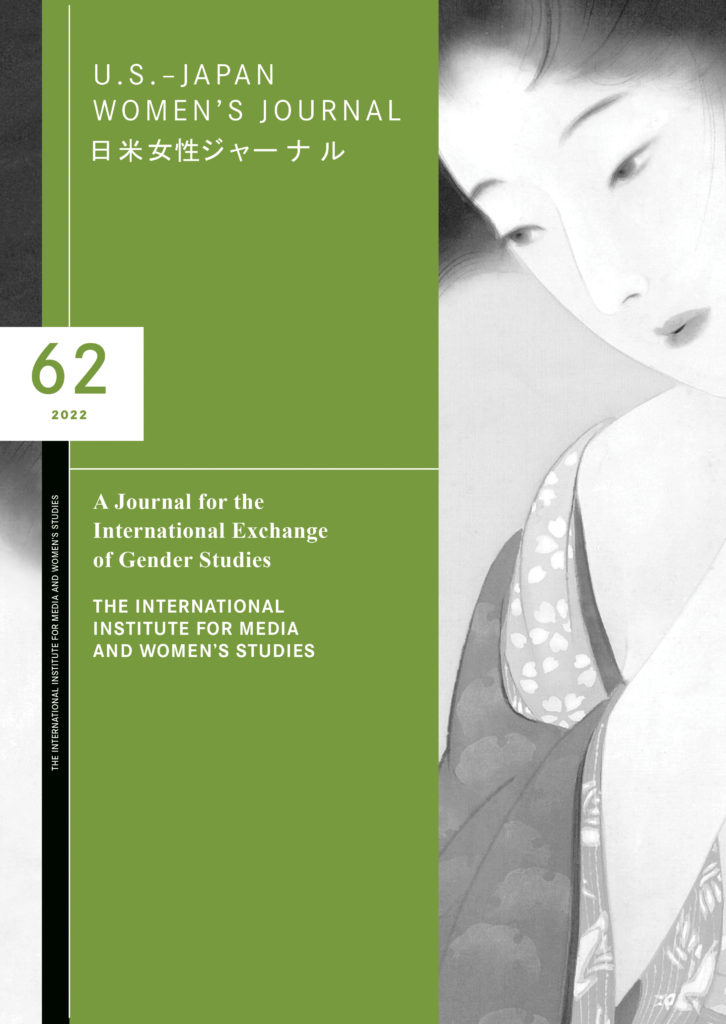
U.S. Japan Women’s Journal
Volume 62 (2022)
Special Issue: Girls and Literature
As expressed by authors Hiromi Tsuchiya Dollase and Wakako Suzuki in the introduction:
The literary genre shōjo shōsetsu emerged in conjunction with the rise of girls’ education in the Meiji period. Early stories were meant to educate readers to become “good wives and wise mothers.” Accordingly, shōjo shōsetsu endured restrictions on the narratives they could tell, limiting the breadth of their authors’ artistic and literary possibilities. Shōjo shōsetsu evolved and diversified in the postwar era and, especially starting in the 1980s, became a means for young female authors to empower themselves. Shōjo shōsetsu have declined in popularity recently as readers consume stories more broadly across media and genres. The goal of this special issue is to contemplate the function, meanings, and problems of shōjo shōsetsu. Instead of merely confining ourselves to a rigid, unified notion of shōjo shōsetsu, we consider shōjo characters from the wider literary world, investigating their roles, functions, and cultural implications.
The new issue includes the following articles:
Introduction: Girls and Literature
イントロダクション:少女と文学
Hiromi Tsuchiya Dollase and Wakako Suzuki
Trees That Grow Kimono (1895)
着物のなる木
Wakamatsu Shizuko 若松賤子
Translated by Wakako Suzuki
Kawabata Yasunari’s The Scarlet Gang of Asakusa as the
Territory of the Dispossessed Girl
追い立てられた少女の領域としての『浅草紅団』
Barbara Hartley
Love and Sexuality in Postwar Girls’ Culture: Examining
Tomishima Takeo’s Junior Fictiona
戦後少女文化における恋愛と性愛:富島健夫の
ジュニア小説をめぐって
Hiromi Tsuchiya Dollase
Countdown to the Demise of Girls’ Novels
少女小説のカウントダウンの開始
Kume Yoriko 久米依子
Translated and Introduced by Barbara Hartley
Find more articles at Project MUSE.





